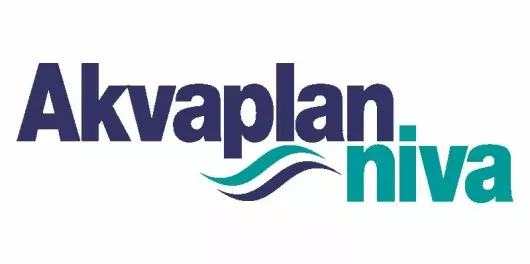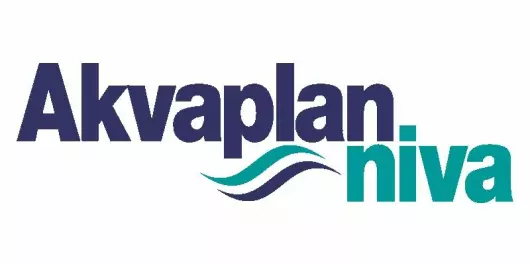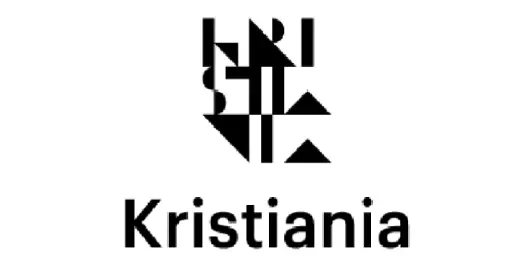Ledig stilling på Universitetet i Oslo
Blindern og Urbygningen (Foto: Wikimedia og Colourbox)
Researcher position in Psychology-Inspired Computing for Robot Assistants
Deadline: 15.02.2021
Universitetet i Oslo
The University of Oslo is Norway’s oldest and highest ranked educational and research institution, with 28 000 students and 7000 employees. With its broad range of academic disciplines and internationally recognised research communities, UiO is an important contributor to society.
RITMO Centre for Interdisciplinary Studies in Rhythm, Time and Motion is financed through the Research Council of Norway’s Centre of Excellence Scheme.
RITMO combines a broad spectrum of disciplines – from musicology, neuroscience and informatics – to study rhythm as a fundamental property of human cognition, behaviour and cultural expression. The Centre is organized under the Department of Musicology, in close collaboration with the Department of Psychology and the Department of Informatics.
RITMO Centre for Interdisciplinary Studies in Rhythm, Time and Motion
Job description
One or two researcher positions (SK01109) in psychology-inspired computing for robots are available as a part of the research project Predictive and Intuitive Robot companion (PIRC) at RITMO Centre for lnterdisciplinarv Studies in Rhythm, Time and Motion, University of Oslo.
RITMO is a Centre of Excellence funded by the Research Council of Norway. This interdisciplinary centre focuses on rhythm as a structuring mechanism for the temporal dimensions of human life. Methods from musicology, psychology, neuroscience, and informatics are combined to study rhythm as a fundamental property that shapes and underpins human cognition, behaviour and cultural expressions.
All RITMO researchers are co-located and work in a unique interdisciplinary constellation, with world-leading competence in musicology, psychology and informatics. It is expected that all members of the centre contribute to the general activities and collaborations within RITMO. The researchers have access to state-of-the-art facilities in sound/video recording, motion capture, eye tracking, physiological measurements, various types of brain imaging (EEG, fMRI), and rapid prototyping and robotics laboratories.
More about the position
The researcher will work on psychology-inspired computing for robot assistants. The objective of the position is to create prediction methods for proactive planning of future robot actions and to design robot acting mechanisms for adaptive response ranging from quick and intuitive to slower well-reasoned. We combine sensing across multiple modalities with learned knowledge to predict outcomes and choose the best actions. The goal is to transfer these skills to human-robot interaction in home scenarios, including the support of everyday tasks and physical rehabilitation. Thus, it is relevant to work with implementation and research within robot perception and control for the robot tasks. User studies through human-robot interaction experiments are to be performed.
A total of three researchers (PhD fellows and/or senior researchers) are to be hired for the project and will work together.
The researcher will be affiliated with the Interaction and robotics cluster at RITMO.
The appointment is for a period of three years starting 1 September 2021, with a possibility to be extended one year if continued external funding becomes available. The successful candidate is expected to be part of the research environment of RITMO and contribute to strengthening the links between different research areas within the centre.
Qualification requirements
- A PhD in computer science, robotics, computational psychology or other relevant field. The applicant is required to document that the degree corresponds to the profile for the post.
- A strong background in programming, as well as machine learning/artificial intelligence and/or robotics. Lack of knowledge in robotics control and sensing can be compensated with knowledge and experience in human-robot interaction.
- Skills in psychology-inspired computing models, user-centered design, human behaviour modelling, human-robot interaction, motion tracking and analysis, and robot simulation, perception and control are considered advantageous.
- Experience with working across disciplines is an advantage.
- Excellent skills in written and oral English.
- The candidate’s proposed research project must be closely connected to PIRC and RITMO’s research profile.
- Personal suitability and motivation for the position.
The doctoral dissertation must have been submitted for evaluation before the application deadline, and have been approved by the time of appointment.
In assessing the applications, special emphasis will be placed on:
- the applicant’s scientific merit, innovation, and research-related relevance to the objectives of PIRC and RITMO
- the quality of the research outline
- the applicant’s estimated academic and personal ability to carry out his/her research within an allotted time frame and contribute to the research objectives of PIRC and RITMO
- excellent collaboration skills and the ability to successfully join in academic teamwork within and across disciplines
We offer
How to apply
Application must include:
- Application letter describing the applicant’s qualifications and motivation for the position
- Curriculum Vitae (complete list of education, positions, teaching experience, administrative experience and other qualifying activities, including a complete list of publications with links to the full version of published papers)
- Research outline, including relevant research questions and theoretical and methodological approaches (approximately 2-3 pages, see the template for research outline)
- Names and contact details of 2-3 references (name, relation to candidate, e-mail and telephone number)
Diplomas, certificates, doctoral thesis and other academic works will be requested later.
Please note that all documents must be in English or a Scandinavian Language.
The application with attachments must be delivered in our electronic recruiting system, jobbnorge.no.
The short-listed candidates will be invited to an interview.
Formal regulations
Please see the guidelines and regulations for appointments to Postdoctoral fellowships at the University of Oslo.
No one can be appointed for more than one Postdoctoral Fellow period at the University of Oslo.
According to the Norwegian Freedom of Information Act (Offentleglova) information about the applicant may be included in the public applicant list, also in cases where the applicant has requested non-disclosure.
The University of Oslo has an Acquisition of Rights Agreement for the purpose of securing rights to intellectual property created by its employees, including research results.
The University of Oslo aims to achieve a balanced gender composition in the workforce and to recruit people with ethnic minority backgrounds.
Contact information
- Professor Jim Tørresen, e-mail: jimtoer@ifi.uio.no, phone +47 22852454
- HR Adviser Hilde Kristine Sletner, e-mail: h.k.sletner@hf.uio.no
Apply for position














